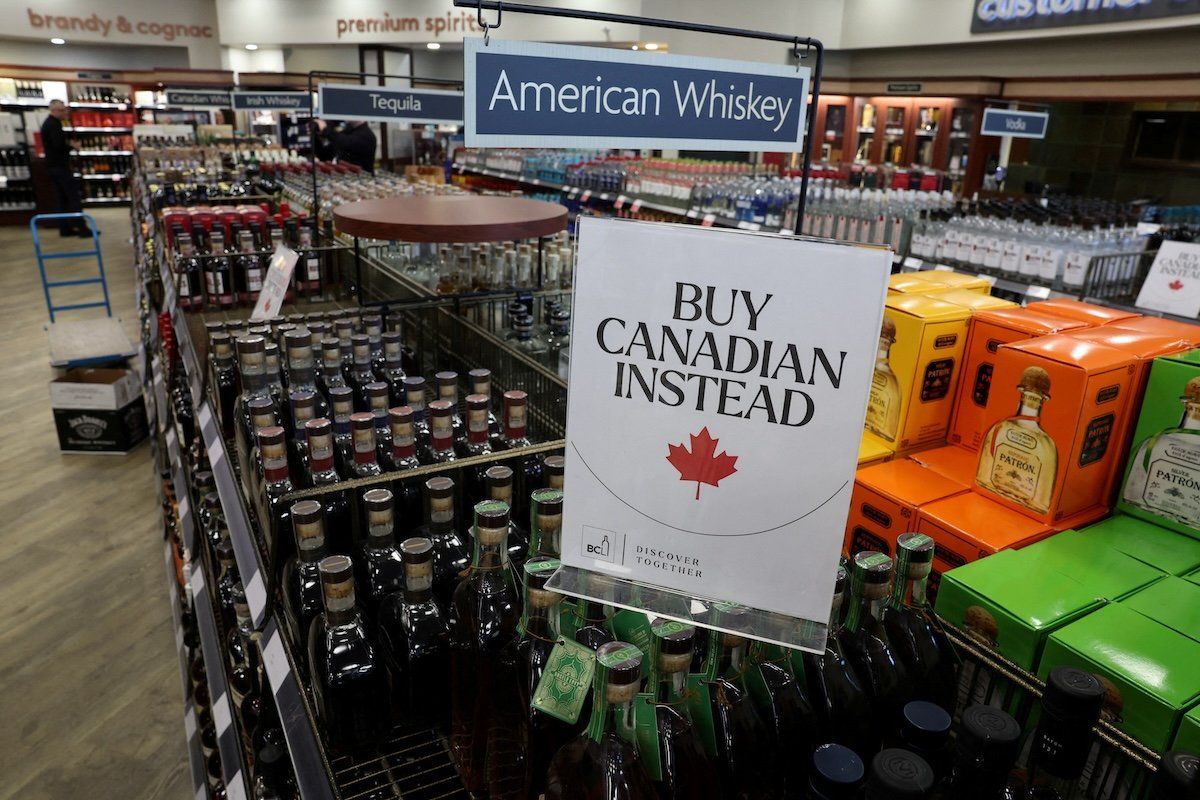As the world reels from Donald Trump's on-again off-again "Liberation Day" tariffs, nations are lining up tomake deals – but also scrambling to shield their economies from the fallout.
The EU has proposed a "zero-for-zero" tariff agreement on industrial goods. But the bloc is prepared to enact a 25% tariff on US products if negotiations falter, and is also considering deploying itsnew anti-coercion instrument, which enables a range of retaliatory measures including export controls, intellectual property restrictions, and foreign investment limits.
North of the US border, Canadaenacted 25% counter-tariffs on US vehicles. The revenue is earmarked to support Canadian auto workers harmed by the US tariffs. Canadian Prime Minister Mark Carney and Trump had also previouslyagreed that trade negotiations will take place after the Canadian election, scheduled for April 28.
Interest rate cuts. Countries including India, New Zealand and the Philippines slashed interest rates to cushion their economies, and South Koreaunveiled a $2 billion aid package for its auto sector. Many countries, including Australia, Spain and Canada, are also urging consumers tobuy domestic products rather than American goods.
China strikes back. China, for its part, countered the 145% US tariff with a 125% levy on American goods. Beijing is also looking to bolster domestic consumption through initiatives like Chinese e-commerce company JD.com's$27 billion procurement deal from Chinese firms. So far, however, Beijing has not moved to devalue its currency to support exports, as some expected it might.